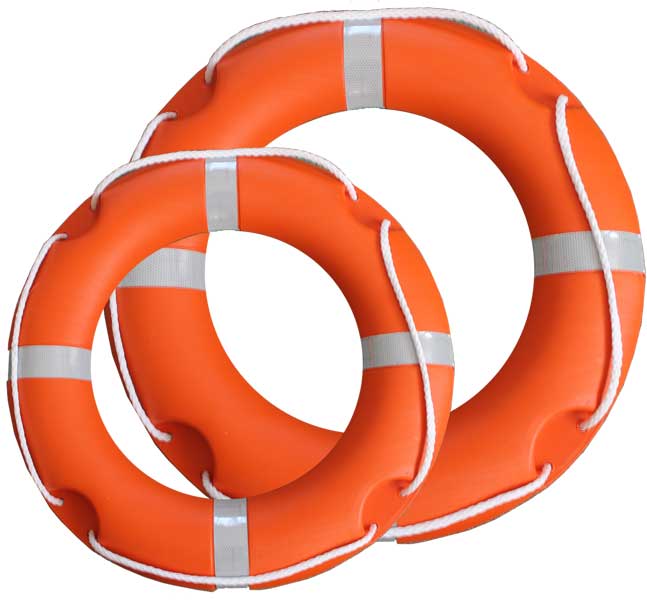Water Safety Ireland is appealing to those enjoying the St Patrick’s festival weekend to stay away from waterways when consuming alcohol.
There are ten drownings every month in Ireland and alcohol is a contributory factor in one third. A full moon on Friday makes the coastline more precarious due to the resulting tides. A higher high tide poses a greater risk of being washed into the sea or being dragged away by a rip current. Lower low tides tempt coastal walkers to explore further from shore, posing a greater risk of being stranded by fast, incoming tides. It is important to check tide times in advance of going on a walk and to carry a fully charged phone to dial 112 in an emergency. Those boating and angling are cautioned that their decisions, even the next day, can be significantly impaired by alcohol. A lifejacket that has a correctly fitting crotch strap, should always be worn on water and when angling from shore.
Most drownings occur on inland waterways where water temperatures are still cold. Winter weather can often undermine ordinarily familiar walkways. Falling into water at this time of year can result in cold shock and hypothermia which can quickly lead to the cooling of muscles, incapacitation and drowning. Cold shock and hypothermia are also risks faced by open water swimmers who should keep swims short and warm up quickly afterwards.
Water Safety Ireland’s ‘Better Safe, Than Sorry’ appeal:
1. Alcohol is a factor in one third of drownings – never mix alcohol with water activities.
2. Wear a correctly fitting lifejacket when boating and angling from shore and have a means of communication in a waterproof pouch.
3. Beware of stranding by incoming tides. Carry a charged phone at all times and in an emergency, call 112 and ask for the Coast Guard.
4. Stay away from edges, particularly where there is slippery, unstable or uneven ground.
5. Visit www.watersafety.ie/open-water-swimming/ for comprehensive open water swimming advice.
6. Half a million primary school children will enjoy St Patrick’s Day festivities but many will lack an awareness of how to stay safe when playing near water. Supervise them closely and teach them about water safety at www.teachpaws.ie.
7. If you see somebody in trouble in the water: SHOUT – REACH – THROW
a. SHOUT to calm, encourage and orientate them;
b. REACH with anything that prevents you from entering the water (clothing/stick);
c. THROW a ringbuoy or any floating object to them.


